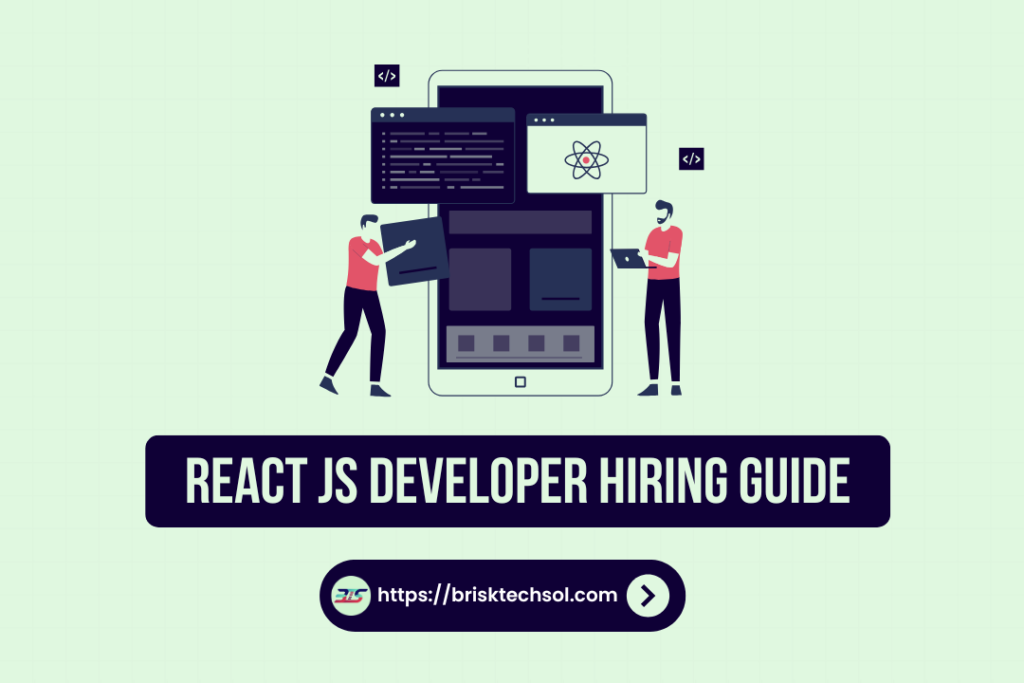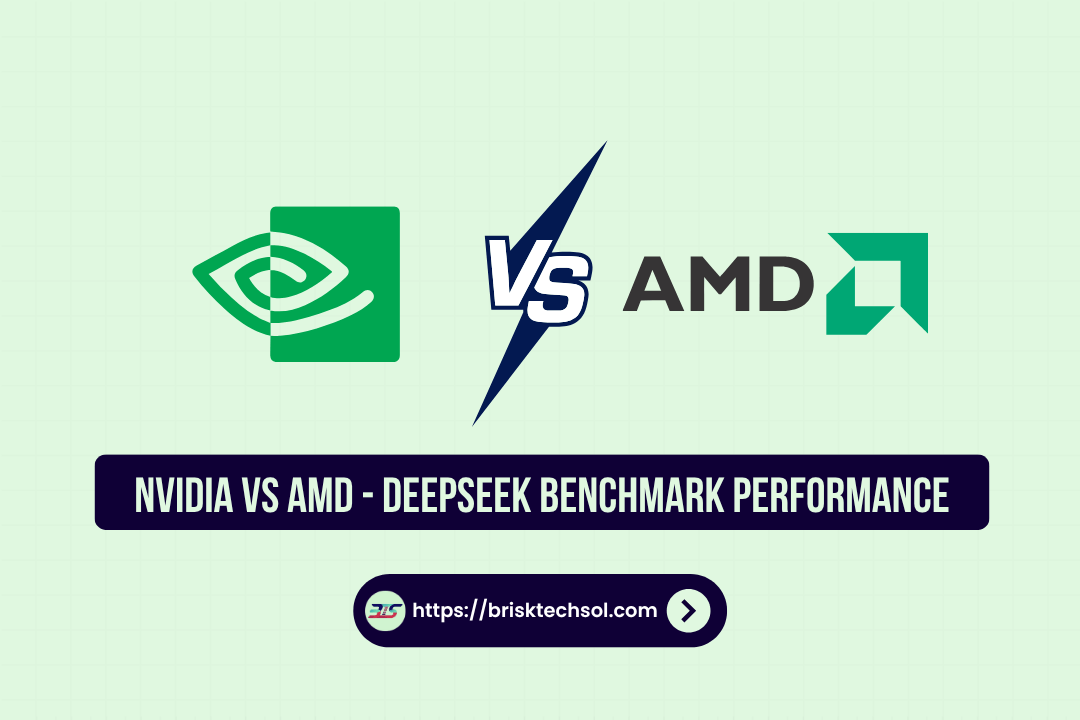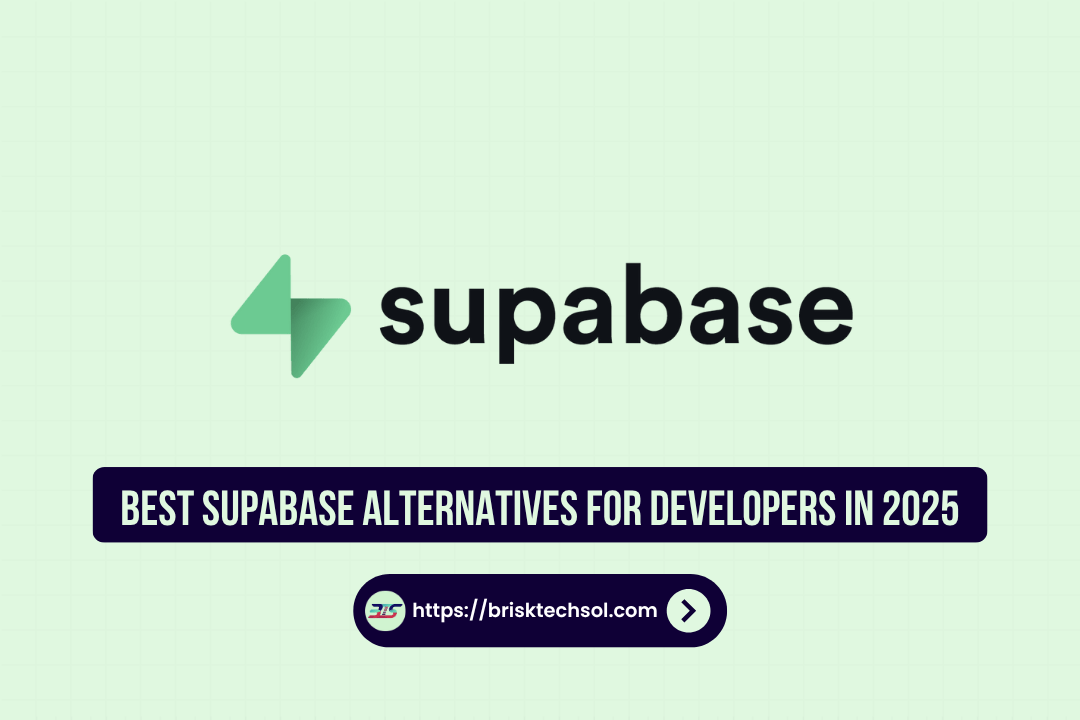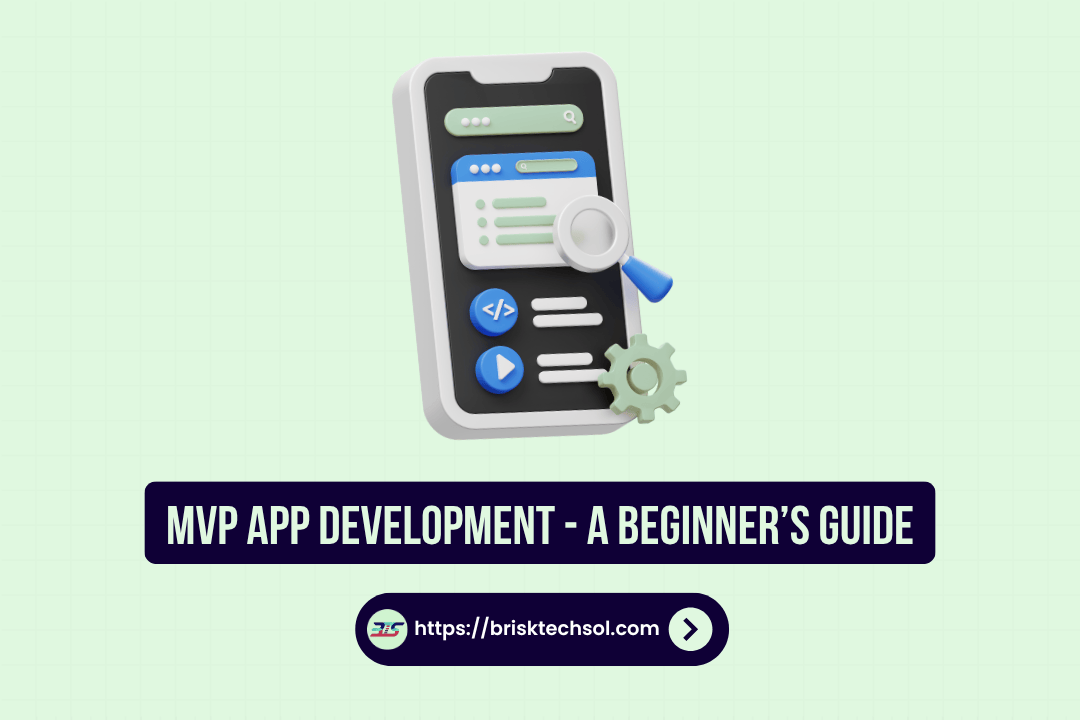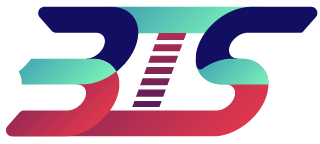Hiring a skilled ReactJS developer is critical for building modern, user-friendly web applications. With ReactJS being one of the most sought-after JavaScript libraries, companies rely on its flexibility and performance for scalable solutions. This guide will help you understand the process of hiring the right ReactJS developer, covering skills, costs, platforms, and more.
Why Hire a ReactJS Developer?
Hiring a ReactJS developer can significantly impact the success of your project. Here’s why:
- Efficient Development: ReactJS enables developers to create reusable components, speeding up the development process and maintaining consistency across the application.
- Scalability: ReactJS is highly scalable, making it ideal for projects of all sizes, whether it’s a simple website or a complex web app.
- Rich Ecosystem: With tools like Redux for state management and React Router for navigation, developers can deliver robust solutions efficiently.
Use Cases for ReactJS:
- eCommerce: Creating interactive shopping experiences.
- SaaS Platforms: Building user-friendly dashboards.
- Mobile Apps: Using React Native for cross-platform development.
| Hiring Option | Pros | Cons |
|---|---|---|
| In-House Developer | Full control, dedicated resources | High costs, recruitment challenges |
| Freelancer | Cost-effective, flexible | Limited reliability, time zones |
| Agency | Experienced team, scalable | Higher upfront costs |
Skills to Look for in a ReactJS Developer
When evaluating candidates, focus on the following skills:
- Technical Expertise:
- Proficiency in ReactJS, Redux, and JavaScript ES6+.
- Understanding of web technologies like HTML, CSS, and REST APIs.
- Experience with tools like Git and debugging tools such as Chrome DevTools.
- Soft Skills:
- Strong communication to ensure seamless collaboration.
- Problem-solving abilities to overcome technical challenges.
- Adaptability to work in dynamic environments.
- Industry Experience:
- Look for developers who’ve worked on similar projects.
- A portfolio showcasing complex applications can indicate expertise.
Red Flags:
- Lack of relevant project experience.
- Over-reliance on frameworks without understanding the core.
Where to Find ReactJS Developers
Finding the right talent requires targeting the right platforms:
- Freelance Platforms: Upwork and Toptal are great for flexible hiring.
- Professional Networks: Use LinkedIn to connect with experienced developers.
- Specialized Agencies: Agencies often provide pre-vetted developers.
Creating a Job Posting:
- Clearly define your project requirements.
- Highlight required technical and soft skills.
- Mention timelines and expected deliverables.
How Much Does it Cost to Hire a ReactJS Developer?
The cost of hiring a ReactJS developer varies based on experience, location, and project complexity.
| Region | Average Hourly Rate |
|---|---|
| United States | $75 – $150 |
| Western Europe | $60 – $120 |
| Eastern Europe | $30 – $60 |
| South Asia | $15 – $40 |
Factors Influencing Costs:
- Experience Level: Senior developers charge more than junior ones.
- Project Scope: Complex projects require specialized skills, raising costs.
Remote vs. On-Site ReactJS Developers
| Aspect | Remote Developer | On-Site Developer |
|---|---|---|
| Cost | Lower | Higher |
| Collaboration | Requires tools like Slack | Easier for immediate feedback |
| Talent Pool | Global | Limited to local candidates |
Hybrid Option: Some companies opt for part-time on-site developers for critical meetings.
How to Evaluate a ReactJS Developer?
Thorough evaluation ensures you hire the right fit.
- Technical Interviews:
- Ask questions about ReactJS lifecycle methods and state management.
- Provide coding challenges to assess problem-solving skills.
- Portfolio Reviews:
- Analyze previous projects for complexity and functionality.
- Reference Checks:
- Contact past clients or employers for feedback.
Sample Interview Question:
“How would you optimize the performance of a React application with a large number of components?”
Steps to Hire a ReactJS Developer
A clear, step-by-step guide to streamline the hiring process.
- Define Your Requirements:
Specify your project scope, timelines, and technical needs. - Post a Detailed Job Description:
Highlight required skills, responsibilities, and expectations. - Shortlist Candidates:
Use screening questions or initial tests to filter out unqualified candidates. - Conduct Technical Assessments:
Evaluate their coding ability with hands-on tasks or live challenges. - Finalize the Hire:
Discuss contracts, payment terms, and expectations before onboarding.
Top Questions to Ask When Interviewing a ReactJS Developer
To hire the right ReactJS developer, you need to assess their technical proficiency, problem-solving skills, and ability to collaborate effectively. Below are some key questions to include during the interview:
How do you debug React applications?
Answers involving React Developer Tools or specific debugging strategies indicate their ability to troubleshoot effectively.
How do you manage state in a React application?
This helps gauge their understanding of state management tools like Redux, Context API, or third-party libraries.
Explain the difference between functional and class components.
A strong candidate should know the evolution of React and the benefits of functional components and React Hooks.
What strategies do you use to optimize performance in React applications?
Look for answers involving lazy loading, memoization with React.memo, or minimizing re-renders.
Can you walk us through a recent project you worked on using ReactJS?
Ask for specific examples to evaluate their real-world experience and problem-solving skills.
How do you handle API integrations and asynchronous operations in React?
Their approach to handling fetch, axios, or state updates with asynchronous data reflects their technical expertise.
What libraries or tools do you commonly use with ReactJS, and why?
This gives insights into their familiarity with tools like Material-UI, Styled Components, or testing frameworks like Jest.
How do you ensure cross-browser compatibility?
Look for answers mentioning tools like Babel or techniques for addressing browser-specific quirks.
Common Mistakes When Hiring ReactJS Developers
Hiring the wrong developer can delay your project or increase costs. Avoid these common mistakes to ensure a successful hiring process:
- Focusing Solely on Cost Over Skills
Many companies prioritize affordability over expertise. While budget is important, underqualified developers can lead to poorly written code and higher long-term costs.Solution: Balance affordability with technical proficiency by evaluating candidates thoroughly. - Ignoring Cultural Fit
A developer might be technically sound but unable to align with your team’s communication style or values.Solution: Include behavioral interview questions to assess teamwork and adaptability. - Not Testing Technical Skills
Skipping coding tests or live assessments can result in hiring developers with theoretical knowledge but poor practical skills.Solution: Use hands-on assignments to evaluate their coding ability in real scenarios. - Overlooking Communication Skills
Clear communication is essential, especially when working with remote developers.Solution: Assess their ability to explain technical concepts during the interview process. - Failing to Define the Project Scope Clearly
Ambiguity in project requirements can lead to hiring the wrong skillset or misaligned expectations.Solution: Prepare a detailed job description outlining required skills, responsibilities, and deliverables. - Skipping Portfolio Reviews
Ignoring past projects or not asking for a portfolio can lead to hiring developers without relevant experience.Solution: Review their portfolio to ensure their experience aligns with your project requirements. - Hiring Without Considering Long-Term Needs
A developer perfect for your current project might not be able to scale as your requirements grow.Solution: Hire developers with the potential to adapt to evolving technologies and larger projects.
By asking the right questions and avoiding common mistakes, you can find a ReactJS developer who fits your technical and organizational needs.
Tips for Onboarding and Managing ReactJS Developers
A smooth onboarding process ensures productivity from day one.
- Tools and Setup: Provide access to necessary tools like Slack, Jira, and GitHub.
- Clear Expectations: Share detailed project briefs and timelines.
- Regular Check-ins: Use agile methodologies for continuous feedback and improvement.
Challenges When Hiring ReactJS Developers
Highlight potential hurdles and how to overcome them.
Common Challenges:
- Skill Gaps: Misalignment between the developer’s skills and project requirements.
- Time Zone Differences: Delays in communication with offshore developers.
- Budget Constraints: Balancing quality with affordability.
Solutions:
- Use detailed job descriptions to attract the right candidates.
- Establish clear communication protocols.
- Consider nearshore or hybrid teams to reduce time zone issues.
Conclusion
Finding the right ReactJS developer is key to your project’s success. Focus on asking the right questions, avoiding common mistakes, and choosing a candidate who fits your needs. A good hire ensures smooth development and better results.
Let Us Help You with Your
ReactJS Development Needs
FAQ‘S
What does a ReactJS developer do?
A ReactJS developer builds user interfaces using ReactJS, ensuring functionality, performance, and seamless user experience.
How much does it cost to hire a ReactJS developer?
Costs range from $15/hour in South Asia to $150/hour in the US, depending on experience and location.
Where can I find ReactJS developers?
Use platforms like Upwork, LinkedIn, or hire through specialized agencies.
How do I evaluate a ReactJS developer?
Conduct technical interviews, review portfolios, and check references.
What’s the difference between React and React Native?
ReactJS is for web applications, while React Native is used for mobile apps.


